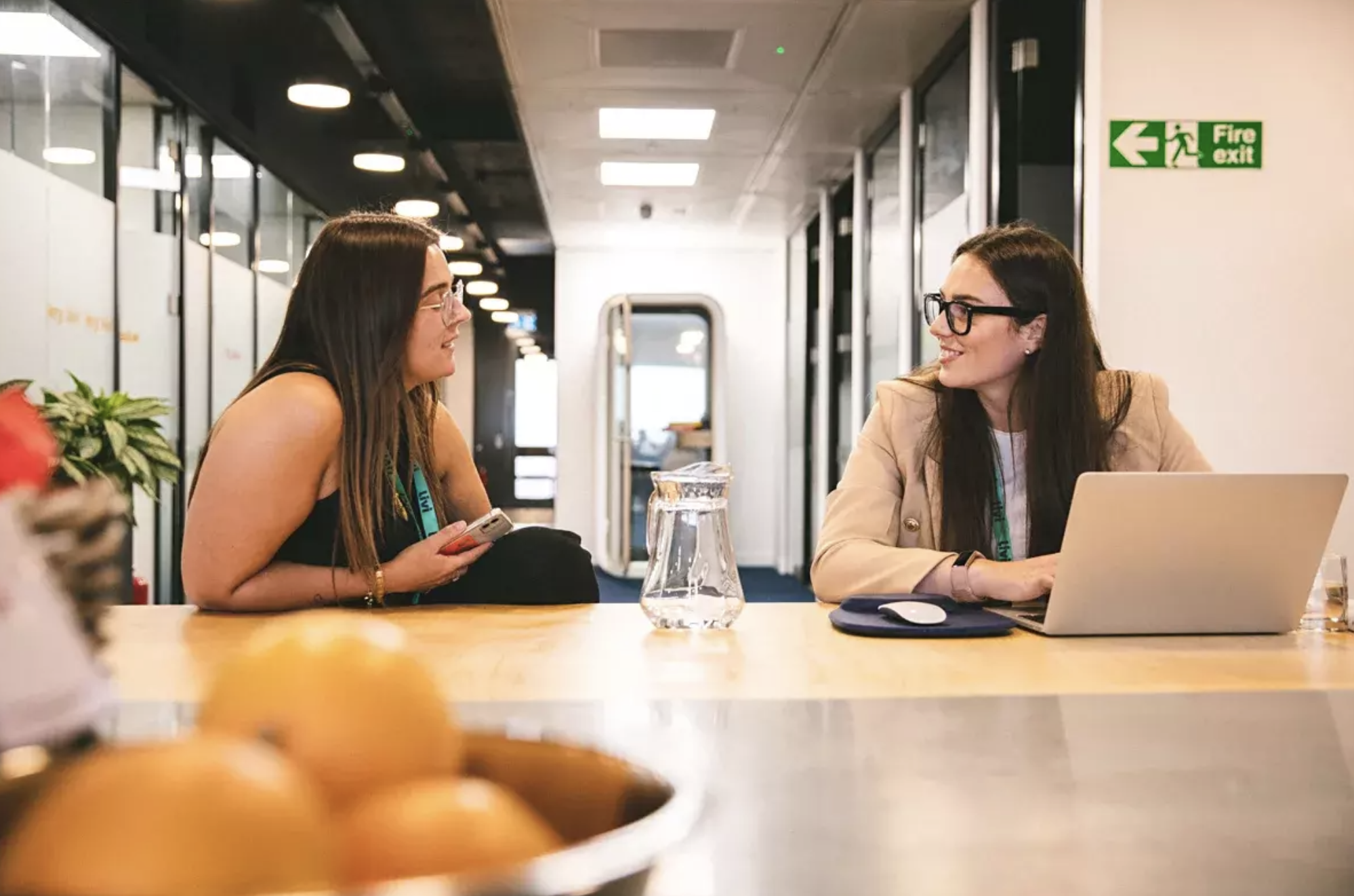Being a GP can be one of the most rewarding and life-affirming professions. However, increasing demand within primary care is having an impact on GP wellbeing, leading to stress and burnout. As doctors, we’re very much accustomed to spotting the signs of work-related stress in our patients. We may recognise some of these same signs within us, but may feel the need to just ‘get on with it’.
Certainly, it’s easy to be consumed by one’s work, especially when you are very much focused on supporting the needs of others. I for one, have on occasion put my own wellbeing second due to feeling like it is just part of the job. However, looking after your wellbeing is critical. We shouldn’t just dismiss common signs of burnout just because we are doctors. Taking care of those who give care is of vital importance.
If you feel overwhelmed or have consistent worries there are a number of organisations that can offer help, such as NHS Practitioner Health. There are also many coping techniques you can practice. The RCGP promotes core activities cited by the New Economics Foundation to cultivate wellbeing. This includes connecting with people, such as friends or colleagues to discuss feelings, taking notice of one's experiences through mindfulness and learning new skills to boost confidence.
‘Well-known and proven stress busters’, I hear you say and, certainly, that is true. Of course, finding the time for these activities as doctors is the challenge, with family and other commitments as well as the seemingly relentless pressures of the job itself. What I do when I feel things may be getting on top of me is stop and ask myself if there are any small changes I could make at work or at home. This may be readjusting clinic and consulting time or simply going to bed and getting up a little earlier to gain some time back in the day to do things for me.
I found talking about these changes with family and supportive colleagues helped, although I was initially afraid to do so. Making some time for yourself, even if it's small, can be the first step to recharging your batteries both in life and at work.
As for work itself, I’ve found that it’s important to keep the reason why I became a GP always at the forefront of my mind: helping patients. Within that, I believe ensuring the welfare of doctors is inextricably linked to ensuring the welfare of patients. A sentiment echoed within the GMC review, Caring For Patients, Caring For Doctors.
Within that same publication, the GMC identifies core needs for doctors to minimise workplace stress and improve wellbeing and motivation at work to support patient care. These are:
- Autonomy/control: the need to have control over our work lives, and to act consistently with our work and life values
- Belonging: the need to be connected to, cared for, and caring of others around us in the workplace and to feel valued, respected and supported
- Competence: the need to experience effectiveness and deliver valued outcomes, such as high-quality care
Part of the reason I decided to enter the world of remote consulting is that it is very much aligned with all three of these needs. I have a voice in shaping how I work as part of a close-knit digital clinical community, plus the flexibility to do a job I love and still have time for me. Underpinning it all is an ethos that allows me to just get on with the core work of being a doctor, supported by a team that removes a lot of the busy work from my role, so I can just focus on patient care. That focus has always brought me joy. I have found a way of making my job, my life, more rewarding and positive and I want to do more of it - this is my guiding thread. As noted by the GMC:
“The actions that we propose focus on meeting doctors’ core needs by not only removing stressors in the work environment but also amplifying factors that promote positive wellbeing. Positive emotions, such as hope, pleasure, compassion, happiness, humour, excitement, joy, love, pride and involvement are important sources of human strength.”
If you are experiencing burnout and need support, the BMA’s confidential questionnaire can help you screen for symptoms and identify feelings and experiences that may indicate burnout. Additionally you can find information, further resources and support groups on the BMA website.
Dr Bryony Henderson is Lead GP, Livi UK.


